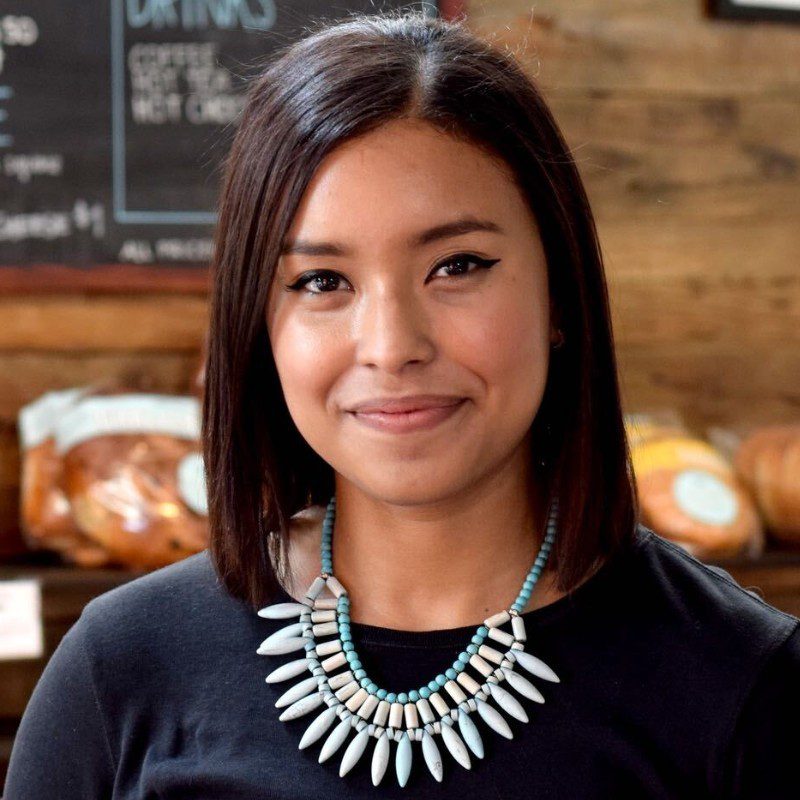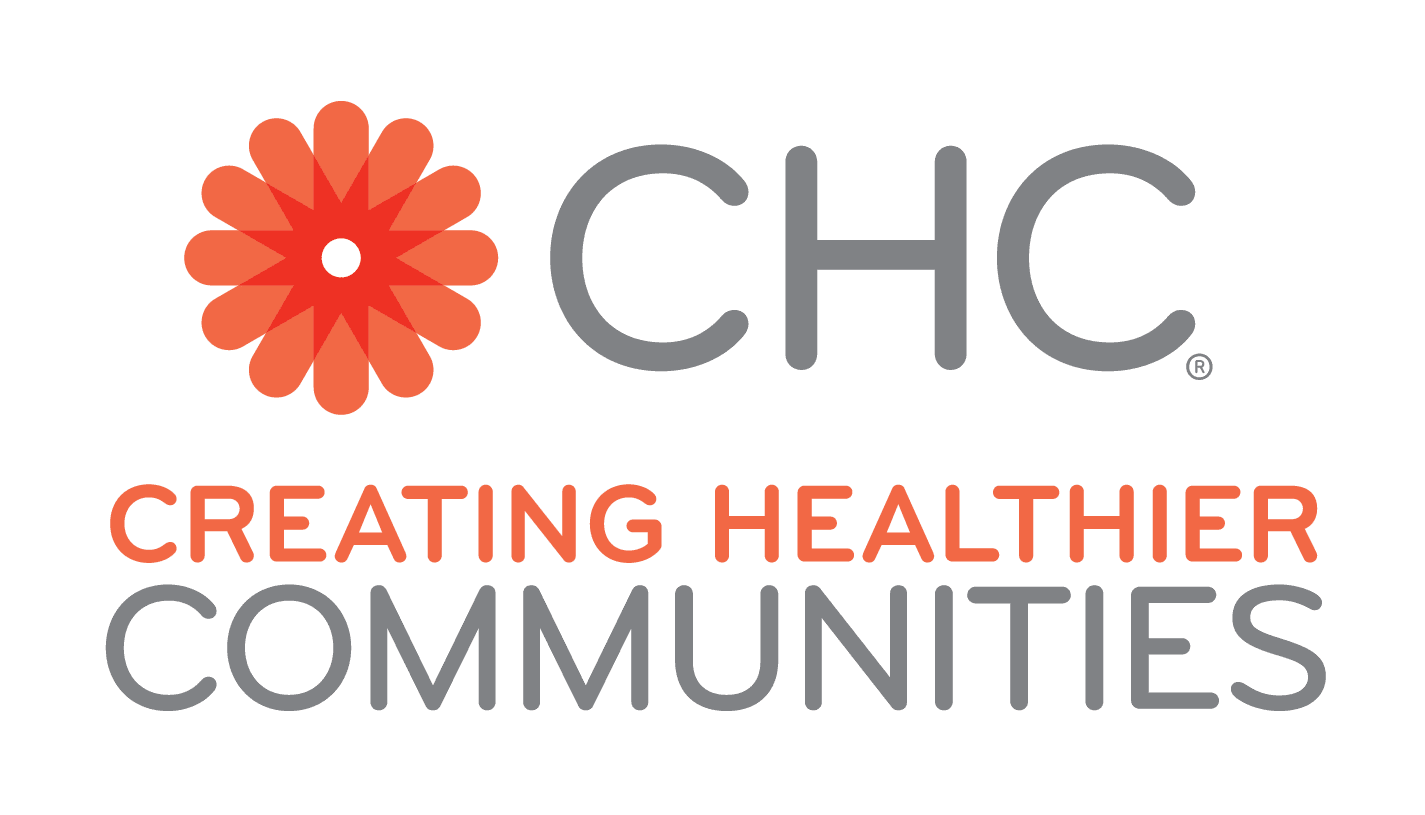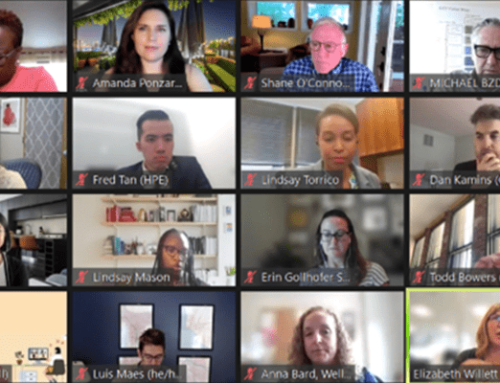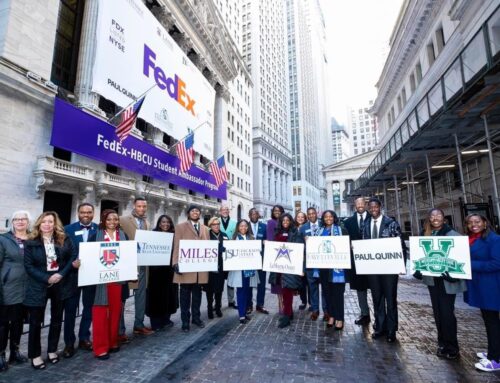What is Corporate Social Work?
By: Michelle Rojas, Diversity, Equity and Inclusion Manager at Imperfect Foods and Co-Founder of the Corporate Social Work Collective
Corporate Social Work is a non-traditional path of macro social work where those with social work degrees take roles in traditional business settings. Job descriptions might not use the title “Corporate Social Worker” to define the role, but often the skills are transferable from other social work roles. Social work skills like analysis, outreach, advocacy, policy writing, training, program management, and group facilitation are sought-after skills in the corporate world.
Corporate Social Work is associated with roles usually found in fields like (but not limited to): Corporate Social Responsibility, Change Management, Diversity and Inclusion, Internal Communications, and roles in Human Resources like Learning and Development, Organizational Design, and Leadership Development.
WHAT DO CORPORATE SOCIAL WORKERS DO?
As experts in human behavior, social workers view systems with a holistic lens and are active problem solvers — these are important skills that corporations need. Remember, companies consist of people who bring their whole selves to work, and should hire people who are experts in understanding how people work. Further, this means we can hold various jobs in many fields. We bring a human-centered approach to each role we take on.
Here are a couple of example career paths you can take as a Corporate Social Worker:
Jennifer Pelham, a co-founder of the Corporate Social Work Collective, is a digital employee engagement expert, currently working as a Change Management Consultant and Strategist to improve the end-user adoption of virtual collaboration and communication tools at a large healthcare organization. She’s been a Corporate Social Worker long before she realized it. Not wanting to forgo her identity as a social worker, she began using the term Corporate Social Worker as a way to help explain and brand her career path.
After a few traditional social work positions, Jennifer yearned for something different — closer to what she had imagined when focusing on macro social work in her MSW program. So, she made the switch to the corporate world, starting out as a Career Development Program Manager. For the past 14 years, Jennifer has held various roles in human resources and internal communications in companies like IBM and Pandora Media — all under the umbrella of employee engagement and change management. Jennifer believes change management is social work for businesses. Just as social workers come alongside an individual or family during a vulnerable life change, change management practitioners come alongside companies during a vulnerable time as well.
Michelle Rojas, our other co-founder of the Collective, is a Diversity, Equity, and Inclusion Manager at Imperfect Foods, and a human-centered program design expert. Michelle began her career working as a child welfare caseworker, and mental health advocate, and always had an interest in making an impact in the macro social work world. Yet, when she would review macro social work roles she was always struck by the lack of reach they offered. Many macro social work positions only operated within their respective industries with little to no interaction with other large macroeconomic players. It was her tenacity in linking social work to the business world that brought her to pursuing her master’s at Columbia University. At Columbia, Michelle gained broad exposure to the world of social enterprises, impact investing, business/tech for social good, and DEI. This exposure positioned Michelle to serve as Director of Programs and DEI at Hot Bread Kitchen, an NYC-based social enterprise focused on developing economic mobility for marginalized communities.
Even after pivoting her career, Michelle still had trouble articulating her identity as a social worker. In her quest to try to find a term for the interaction of social work and business, Michelle was fortunate to cross paths with Jennifer. Jennifer had the words that Michelle had long been searching for: “You are a Corporate Social Worker.” Michelle firmly believes that social workers belong in all places where business decisions that impact society are being done. It is our inherent ability to advocate for the needs of others that allows the social work profession to be the one most equipped in improving business for social good practices.
There are many opportunities for Corporate Social Workers in today’s job market. We deserve a seat at the table in all businesses and organizations. Since we are forging a new career path, there’s room for expansion and creativity. We hope you’ll join us on this journey. Follow the Corporate Social Work Collective on LinkedIn so you can learn about our events and resources.

Michelle Rojas, Diversity, Equity and Inclusion Manager at Imperfect Foods and Co-Founder of the Corporate Social Work Collective
An alumna from Columbia University and The University of Pittsburgh, a corporate social worker and an experienced and passionate advocate for diversity and inclusion. I jump out of bed for opportunities that allow me to develop strategy that leads to the creation of equitable programs.
When I moved here as a child from Nicaragua, I couldn’t speak English… so for the first six months of Kindergarten I sat alone. I couldn’t find the English words to ask my teacher for help, or even how to ask my peers to be my friends, and the culture shock was so real! My parents, Dominican and Nicaraguan immigrants, made the difficult decision to move to America to build the foundation for economic and social mobility for their children.
After many years of sacrifices, they succeeded. Yet, unfortunately, that’s not always the case for other people of color and members of marginalized communities. Now, many, many years since being that little girl sitting alone in her Kindergarten class, I’ve made it my mission to help to remove the barriers of inclusivity for others. At Imperfect Foods I develop, design, and implement a DEI strategy at the nexus of racial justice and food justice. At Hot Bread Kitchen, I designed and managed programs that provide individuals impacted by gender, racial, social, and/or economic inequality in New York City with immediate stability and customized career pathways. In my previous roles, I trained staff working in international orphanages in DEIB best practices and worked in various settings with children and vulnerable families to remove barriers to psychosocial prosperity.
I recognize that the dreams that my parents had are shared by many. That’s why I’ve focused my career on leveling the playing field and creating more accessible, inclusive, and equitable environments for underrepresented populations.







